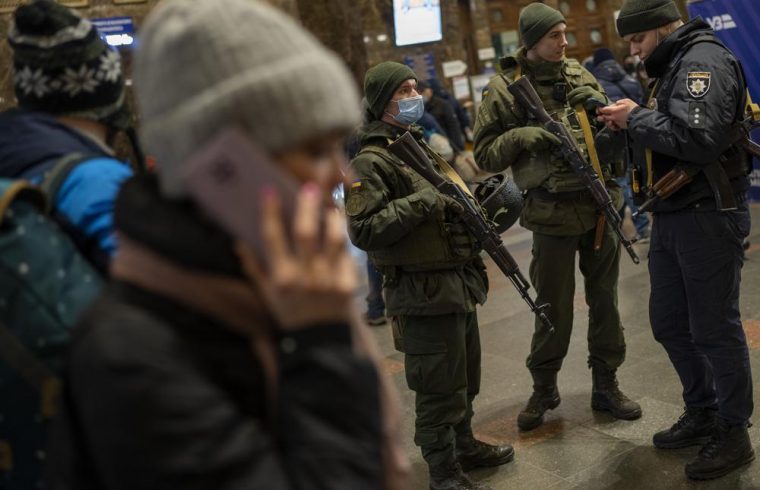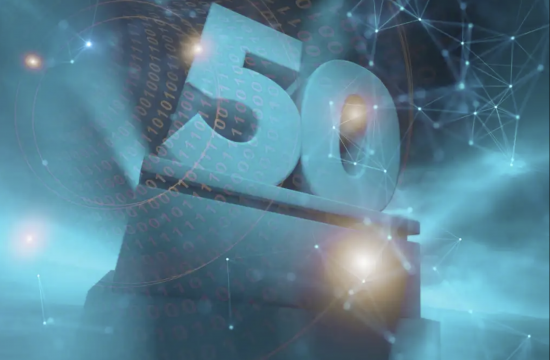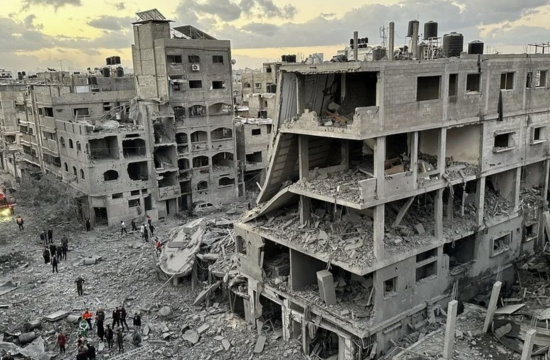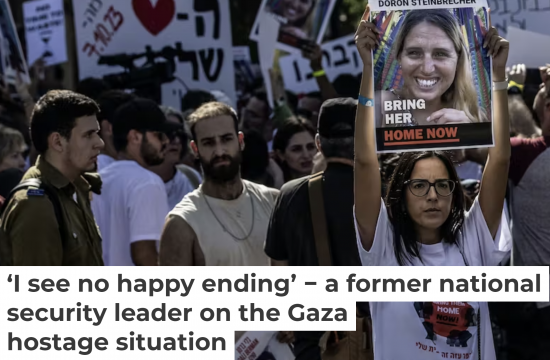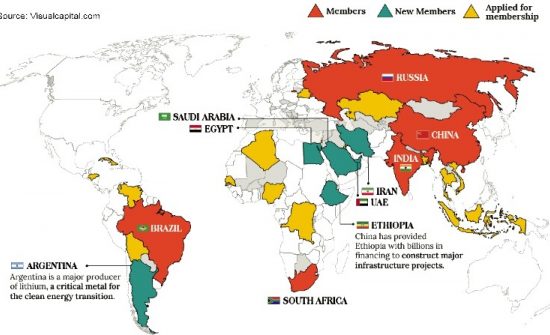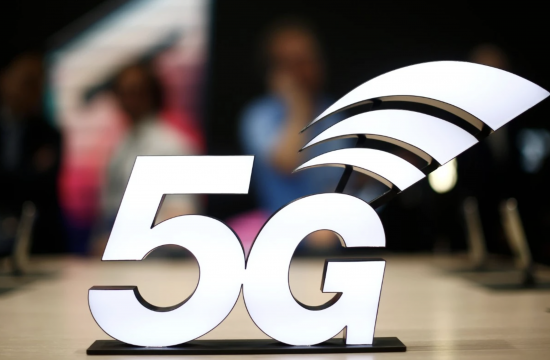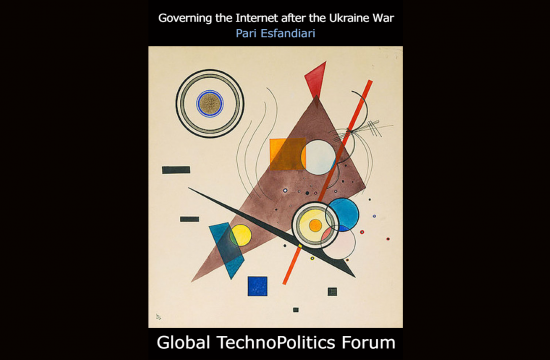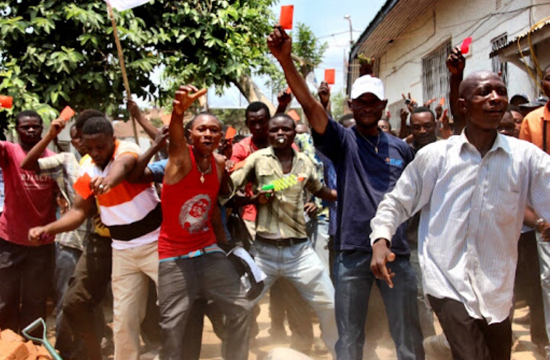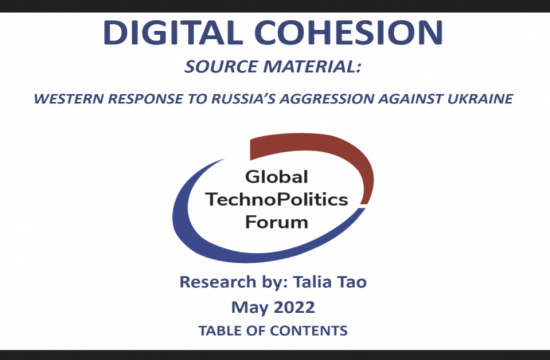There’s one target he hasn’t attacked.
It’s now clear what Russian President Vladimir Putin is doing in Ukraine. What’s less obvious but interesting is what he’s not doing, at least so far.
The Russian onslaught in Ukraine has targeted military airfields, government buildings and other obvious targets, even the radioactive rubble of the Chernobyl nuclear power plant, but as of this writing, the invaders have not charged down one anticipated avenue of attack. The Internet, ATMs and other elements of Ukraine’s civilian communications infrastructure have continued to function, even as Ukrainians huddle in subway stations and basements listening to incoming artillery rounds and missile warheads.
Russia has demonstrated its ability to take down Ukraine’s — and other nations’ — commercial communications networks, often from a rear area building in St. Petersburg, without air strikes and artillery. However, listeners and viewers are getting blow-by-blow accounts of what’s happening all over Ukraine from courageous reporters broadcasting, tweeting and reporting live from the battlefields.
Putin’s Russia is not noted for freedom of the press — or of much else, for that matter. So why is he letting innocent Ukrainian mothers and teenagers describe what’s happening to them in real time? Why risk similar reporting on Russian soldiers executing Ukrainian soldiers or government officials?
The obvious answer is that Putin is for once letting the news media do its job unhindered and uncensored to use live audio and video magnifying the shock and awe of Russia’s onslaught, not only to Ukrainians, but also to the members of NATO. Of course, it’s also an opportunity to sow confusion and show off Russia’s military might, missing only a shirtless Putin on a white horse leading the charge.
This freedom of the press isn’t likely to last. Once Putin has succeeded in toppling the Ukrainian government, if not executing President Zelensky and his ministers in Kyiv or Lviv or while drinking tea in Warsaw, it will end. A cyber curtain will descend and any live reports are likely to be RT accounts of Russian soldiers handing candy to Ukrainian children.
If the Ukrainians mount an effective insurgency, delivering the facts about it will become a much riskier task, but journalists will tackle it anyway.
Even before it comes to that, however, Putin’s flirtation with freedom of the press is likely to backfire. In fact, the reporting from Ukraine is further unifying an Atlantic alliance that had been fraying, in part thanks to President Biden’s unsavvy predecessor. It has even produced some unusual nonpartisan agreement in a U.S. Congress that had come to resemble a battlefield of its own.
It might even help President Biden convince more Americans — while they’re pumping $5 a gallon gas — that Ukraine matters and that Russia is the geopolitical threat Sen. Mitt Romney said it is..
If that’s the case, it’s easy to understand why Putin failed to anticipate the possible downside of his tactic. After all, he has no experience with a free press.
